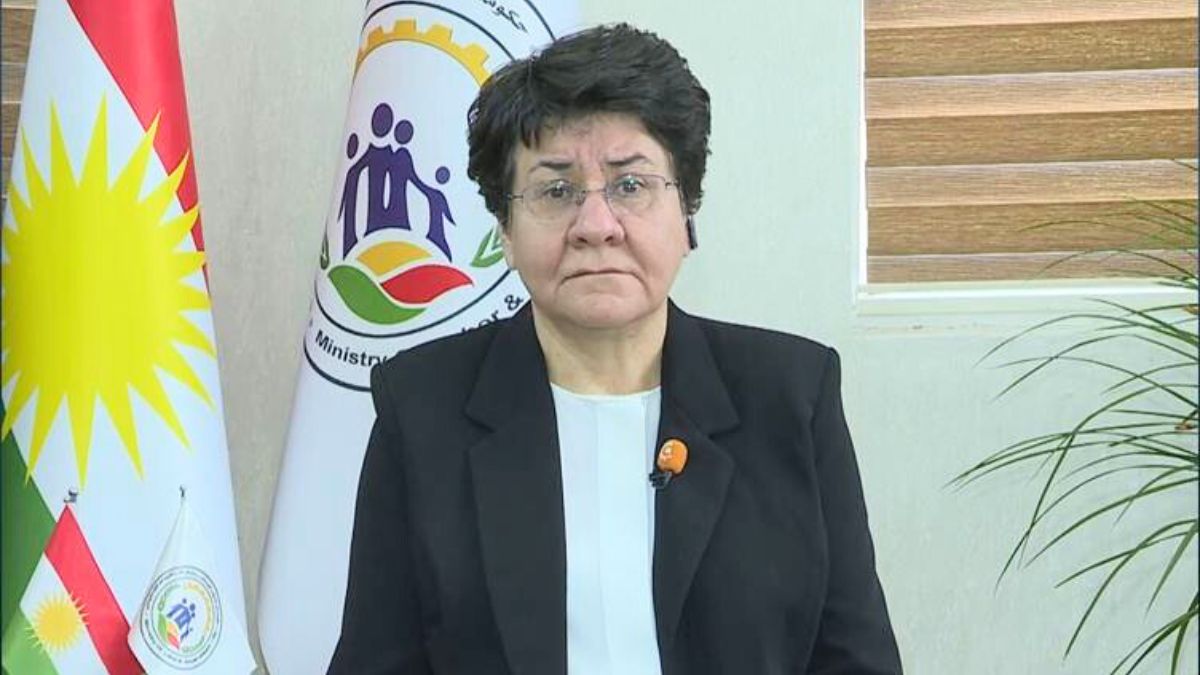A prominent minister has voiced serious concerns regarding the inadequate financial support provided to over 30,000 disabled individuals. This issue has emerged as a pressing matter as Iraqi and Kurdish officials continue to deliberate over budget allocations and ongoing salary disputes.
The minister’s remarks come at a time when financial constraints are particularly strained due to political disagreements over budget distribution between the federal government and the Kurdistan Regional Government (KRG). The debate has intensified as both sides grapple with salary payments and funding for essential services.
According to the Minister, the current financial provisions for disabled individuals are insufficient to meet their needs, exacerbating their challenges. This group, which has already faced significant hardships, now struggles further due to the lack of adequate support and resources. The minister’s statement highlights the urgent need for a reassessment of budget priorities to ensure that the most vulnerable members of society receive the assistance they require.
The budget negotiations have been marred by disputes over how resources should be allocated between the federal and regional governments. These disagreements have led to delays in salary payments for public sector employees and have impeded the timely distribution of funds for various social welfare programs. As a result, the disabled community is experiencing delays and inconsistencies in the support they receive.
The situation underscores a broader issue of financial management and prioritization within the region’s budgetary framework. As discussions continue, there is a pressing call from various advocacy groups and officials for a swift resolution that addresses both the immediate needs of disabled individuals and the broader financial stability of the region.
In the coming weeks, stakeholders hope for a breakthrough in negotiations that will alleviate the financial strain on disabled individuals and ensure a more equitable distribution of resources.

